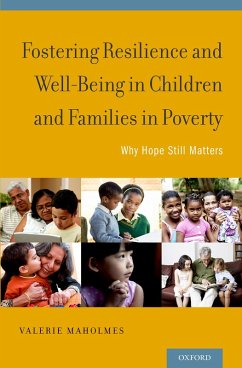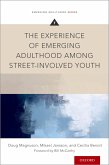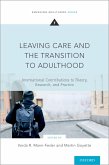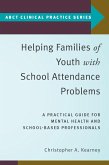The number of children living in families with incomes below the federal poverty level increased by 33 percent between 2000 and 2009, resulting in over 15 million children living in poverty. Some of these children are able to overcome this dark statistic and break the intergenerational transmission of poverty, offering hope to an otherwise bleak outlook, but this raises the question--how? In
Fostering Resilience and Well-being in Children and Families in Poverty, Dr. Valerie Maholmes sheds light on the mechanisms and processes that enable children and families to manage and overcome adversity. She explains that research findings on children and poverty often unite around three critical factors related to risk for poverty-related adversity: family structure, the presence of buffers that can protect children from negative influences, and the association between poverty and negative academic outcomes, and social and behavioral problems. She discusses how the research on resilience can inform better interventions for these children, as poverty does not necessarily preclude children from having strengths that may protect against its effects. Importantly, Maholmes introduces the concept of "hope" as a primary construct for understanding how the effects of poverty can be ameliorated. At the heart of the book are interviews with family members who have experienced adversity but managed to overcome it through the support of targeted programs and evidence-based interventions. Student leaders provide unique perspectives on the important role that parents and teachers play in motivating youth to succeed. Finally, professionals who work with children and families share their observations on effective interventions and the roles of culture and spirituality in fostering positive outcomes. Excerpts from these interviews bring research to life and help call attention to processes that promote hope and resilience. This book will be invaluable for policymakers, educators, and community and advocacy groups, as well as scholars and students in family studies, human development, and social work.
Dieser Download kann aus rechtlichen Gründen nur mit Rechnungsadresse in A, B, BG, CY, CZ, D, DK, EW, E, FIN, F, GR, HR, H, IRL, I, LT, L, LR, M, NL, PL, P, R, S, SLO, SK ausgeliefert werden.









